UPDATE: The summit officially closed on Saturday, December 12. We are happy to share that all 196 nations agreed to reduce their greenhouse gas emissions and set standards for monitoring and verification procedures. While the agreement is non-binding, it is still a major step in the right direction. Our friends over at the Union of Concerned Scientists were in Paris and offer a great interpretation of the agreement. Here at Mass Audubon, our efforts to prepare for the impacts of Climate Change in Massachusetts continue. Learn more about our work.
ORIGINAL POST: The United Nations Conference on Climate Change (COP21), where leaders from all over the world have convened in Paris to create a new global climate agreement, is entering is second week. Progress is afoot, and program leaders have announced a new version of a draft agreement. But, their work is far from complete and many issues still need to be sorted out.
This Monday and Tuesday, a two-day summit called Earth to Paris will livestream a series of renowned speakers, from UN Ambassador of Peace Jane Goodall to famed French photographer Yann Arthus Bertrand to actor Alec Baldwin, who will announce the winners of United Nations Development Programme Equator Prize. They will discuss how innovation, technology, and creativity are driving climate solutions and turning talk into ambitious climate action.
The event is not just taking place in Paris. Rather, Earth to Paris aims to inspire global dialogue and has asked people from around the world to send messages to COP21 leaders to explain why climate change action is critical using the hashtag #EarthtoParis.
The nature of Massachusetts will be affected substantially by climate change. And addressing its impacts to people and wildlife is a key part of our previous and new five-year Strategic Plan. But, to send a simple message to COP21, we reached out to our staff from across the state to give just a few reasons why they believe climate change action needs to happen now.
Have an #EarthtoParis message to share as well? Write it down, take a photo, and share it to our Facebook, Instagram, or Twitter account using #MassAudubon #EarthtoParis.
Climate Change Action Matters …
- Because of birds like black-capped chickadees.
- and roseate terns. – Mass Audubon Bird Conservation
- Because we want Boston to stay above water. – Mass Audubon Advocacy
- Because of salamanders and other vernal pool species. – Mass Audubon Conservation Science
- Because of sea turtle strandings. – Mass Audubon Wellfleet Bay Wildlife Sanctuary
- Because of maple syrup. – Mass Audubon Ipswich River Wildlife Sanctuary
- Because children deserve a bright future. – Pathways to Nature Preschool at Mass Audubon Boston Nature Center
- Community Preschool at Mass Audubon Drumlin Farm.
- Because salt marsh deserves to be protected. – Mass Audubon Allens Pond Wildlfie Sanctuary
- so do all of the important species that depend on salt marsh such as salt marsh sparrows.
- Because of butterflies. – Mass Audubon Broad Meadow Brook
- And because we must speak for those who can’t. – Mass Audubon Oak Knoll Wildlife Sanctuary



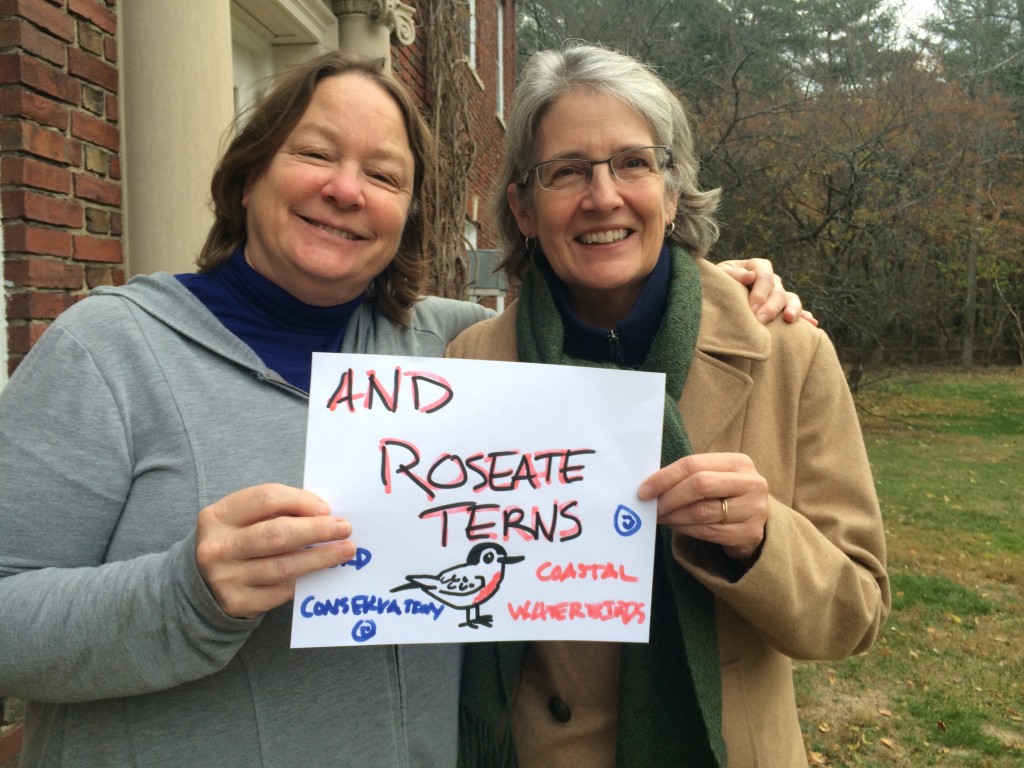
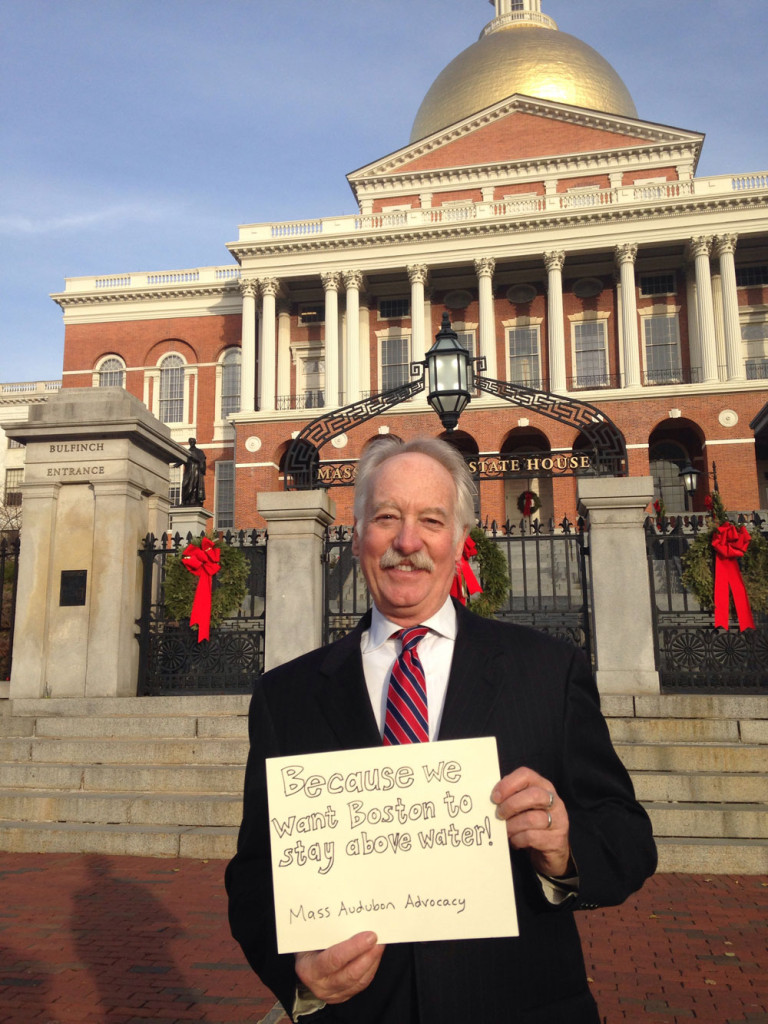


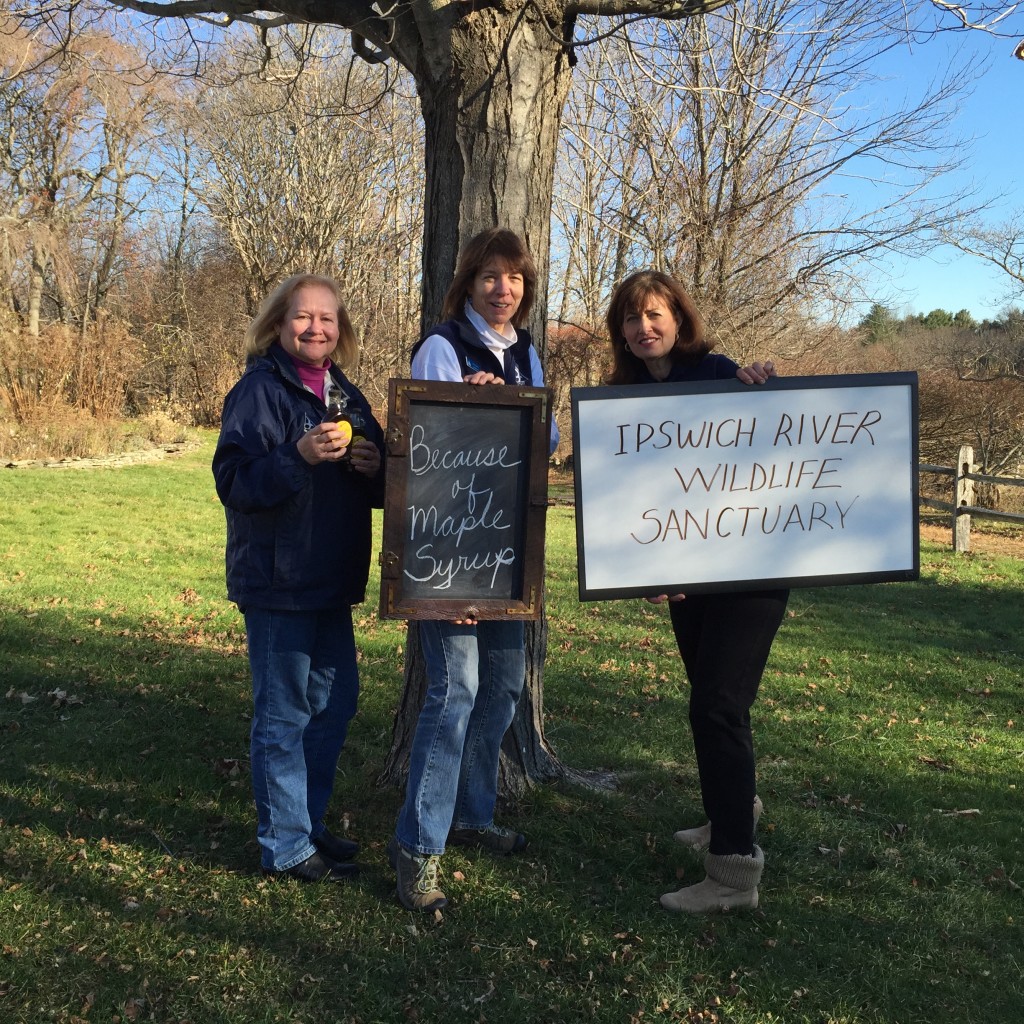
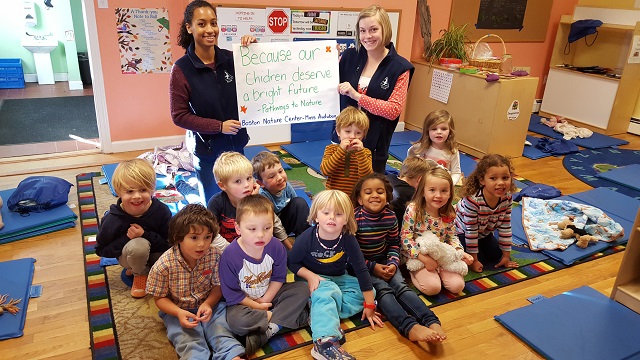
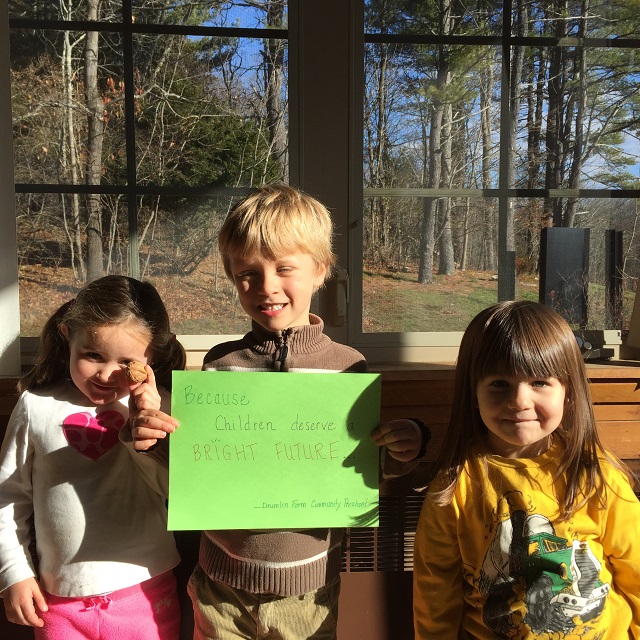

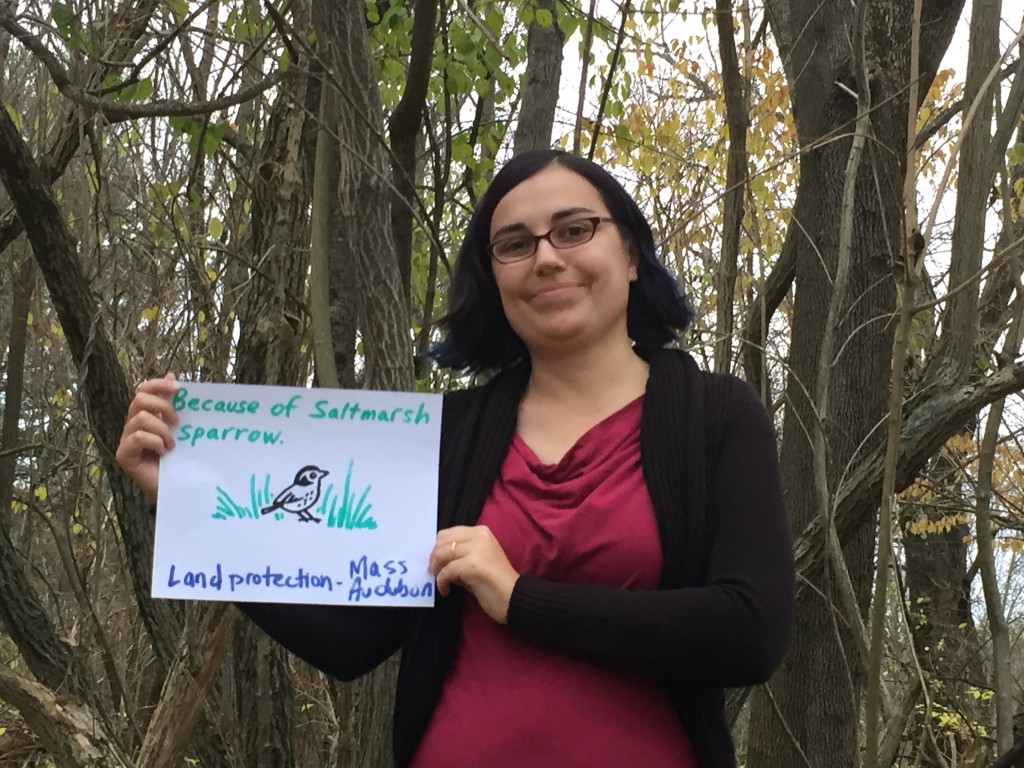
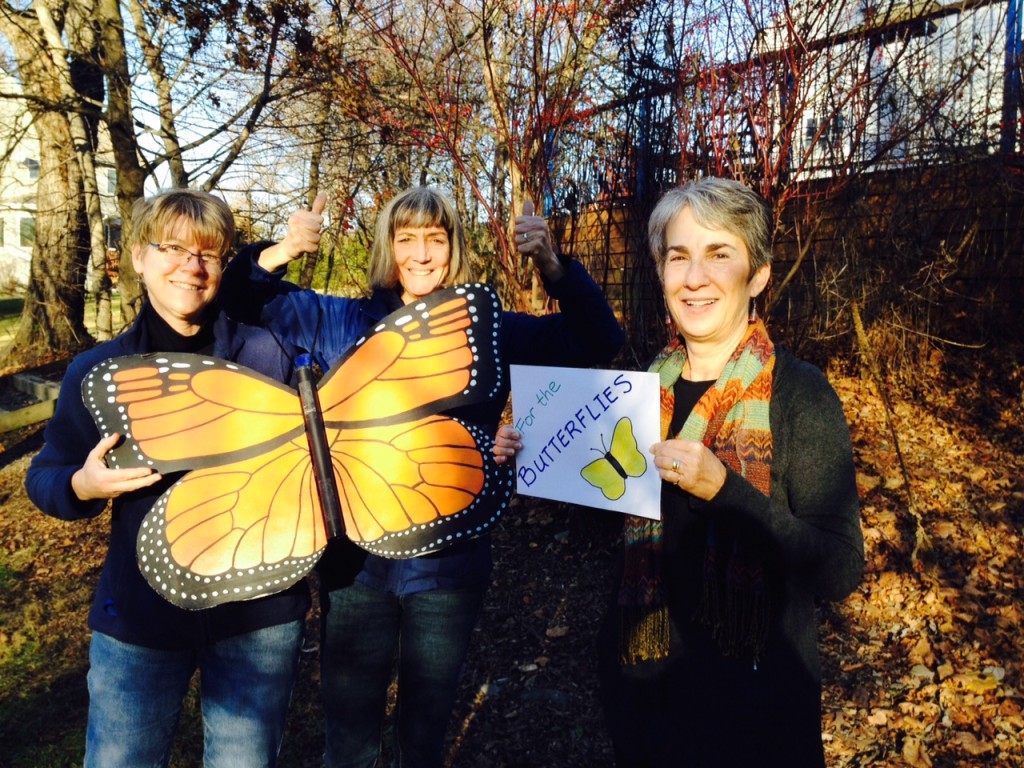

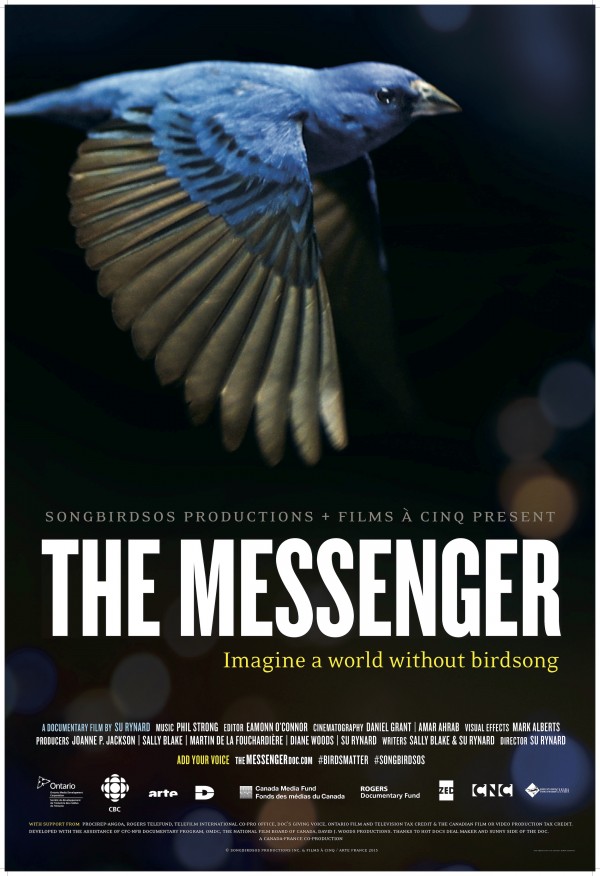 Join Wayne Petersen, Mass Audubon’s Director of Important Bird Areas Program, and Joan Walsh, Mass Audubon’s Director of Bird Monitoring, on Thursday, December 3 at 7:30 pm for the Massachusetts premiere of the new documentary The Messenger: Imagine a World Without Birdsong at
Join Wayne Petersen, Mass Audubon’s Director of Important Bird Areas Program, and Joan Walsh, Mass Audubon’s Director of Bird Monitoring, on Thursday, December 3 at 7:30 pm for the Massachusetts premiere of the new documentary The Messenger: Imagine a World Without Birdsong at